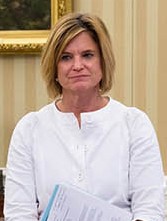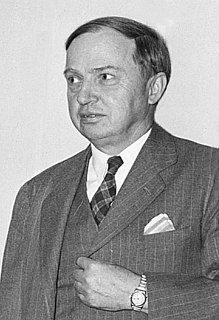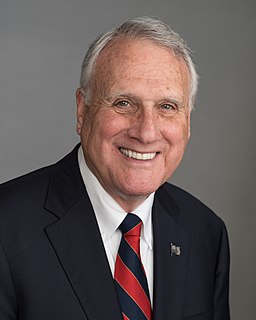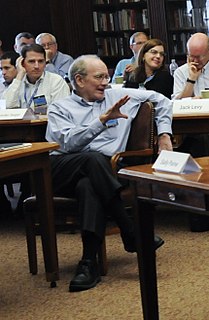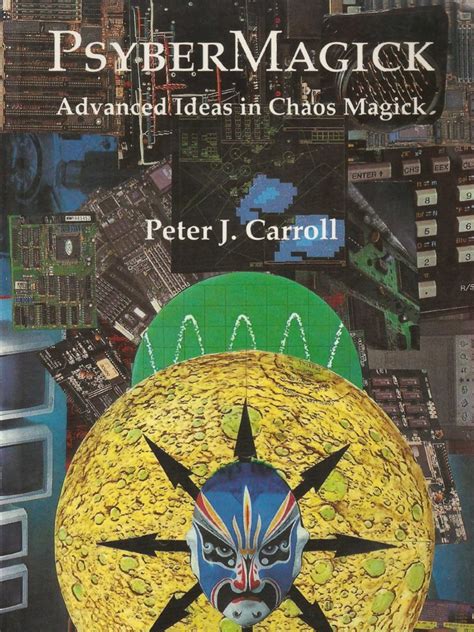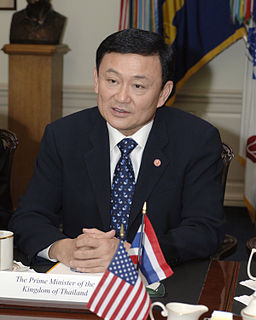A Quote by Edward Albee
Related Quotes
John Stuart Mill, in his wonderful 1859 book On Liberty, talks about civility. And this is why you should always be concerned about calls for civility. He points out that civility ends up getting defined by the people who are in charge. And you'll notice that when people argue for civility, they tend to actually believe that whatever they say is civil. And if they're angry about it, it's righteous rage. But if you say it and it's kind of sharp or mean, then it's incivil. ... And sometimes, disagreement-to be productive-can't be all that civil.
George Kennan and Paul Nitze were the Adams and Jefferson of the Cold War. They were there for the beginning, they witnessed its course over almost half a century, and they argued with each other constantly while it was going on. But they maintained throughout a remarkable friendship, demonstrating-as few others in our time have-that it is possible to differ with civility. Nicholas Thompson's is a fine account of that relationship, carefully researched, beautifully written, and evocatively suggestive of how much we have lost because such civility has become so rare.
Our civility, England determines the style of, inasmuch as England is the strongest of the family of existing nations, and as we are the expansion of that people. It is that of a trading nation; it is a shopkeeping civility. The English lord is a retired shopkeeper, and has the prejudices and timidities of that profession.


